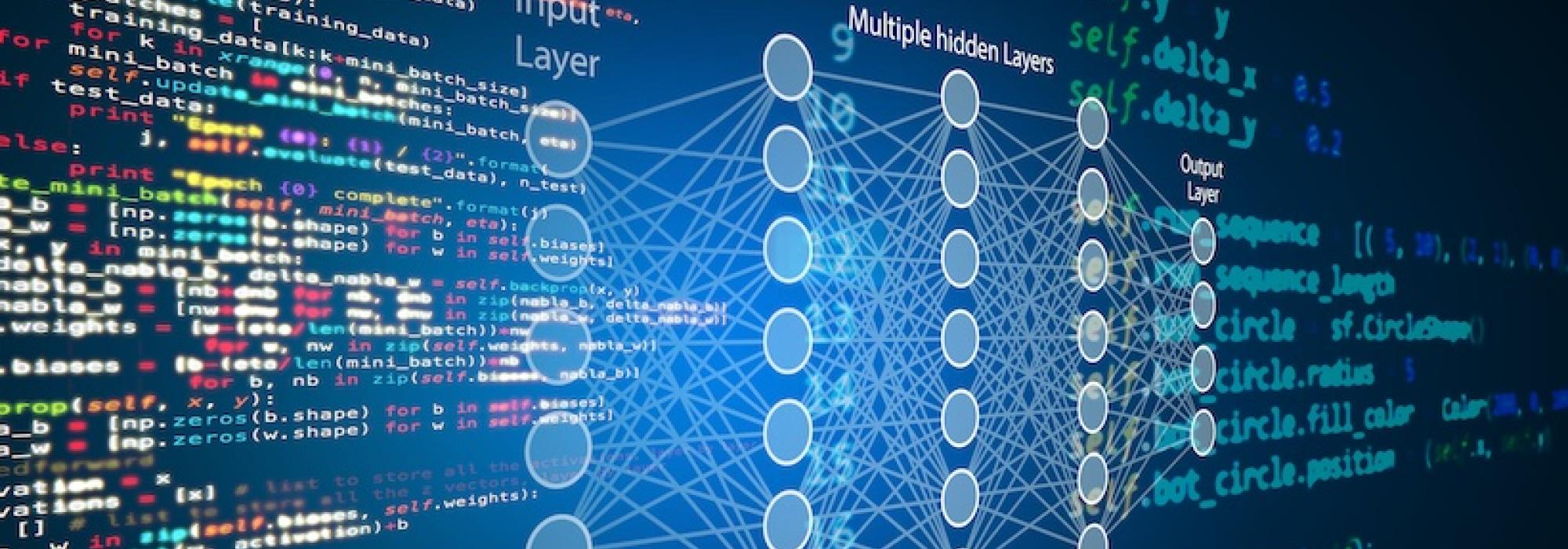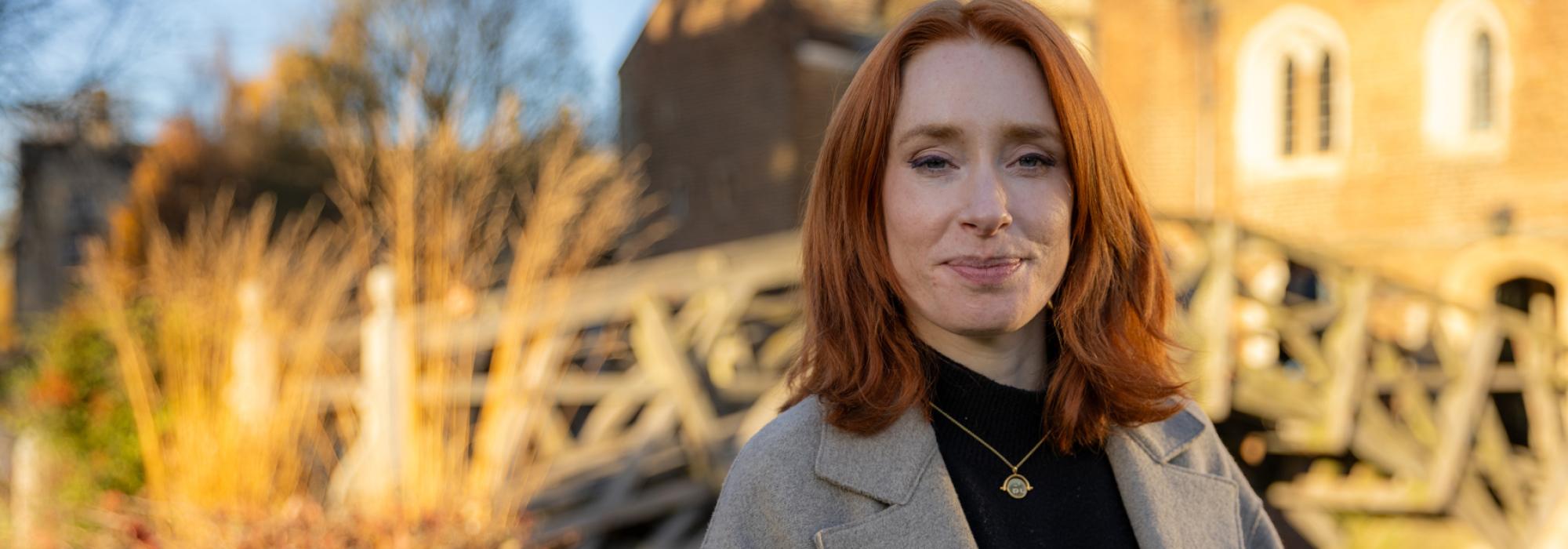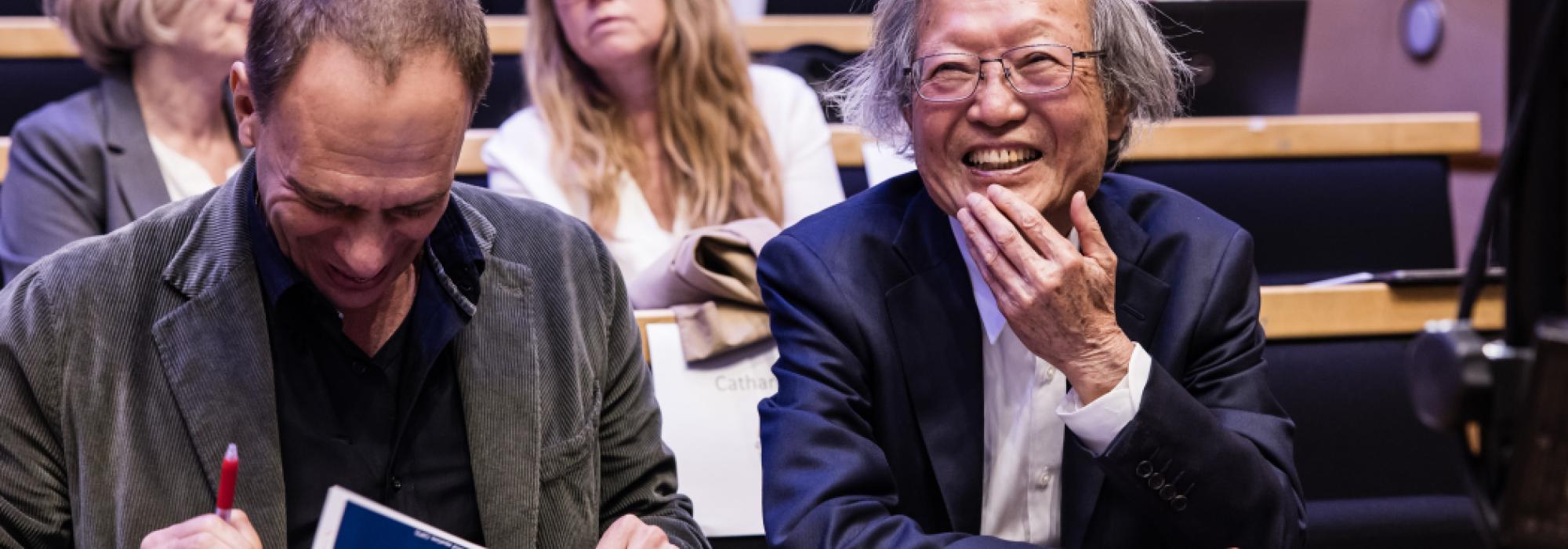Are you curious about maths and the world? Then explore Plus to stay connected with mathematics: from the maths of everyday life to the latest current research!
Latest content

Sci-art competition: The results are in!
The Anomalous Mathematical Patterns Sci-Art Contest was held as part of the Stochastic systems for anomalous diffusion research program at the Isaac Newton Institute.

Welcome to our new website!
Our new site has a cleaner look and some interesting new features.
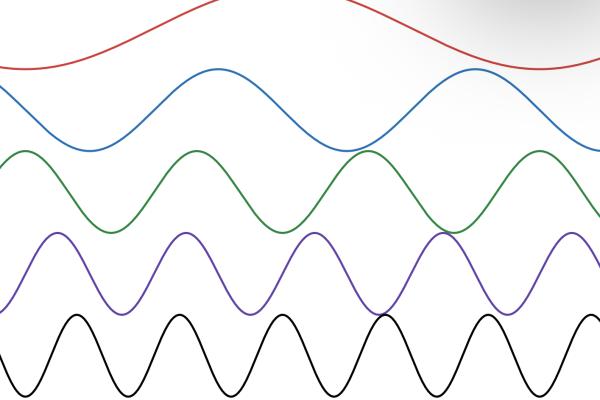
Maths in a Minute: The Harmonic Series
The harmonic series look simple. But, perhaps breaking your intuition, grows without bound!
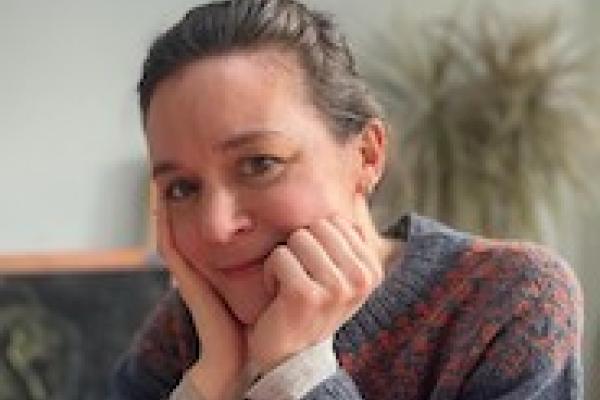
Liz Fearon: Co-producing mathematics with the public
Find out about a pioneering new project which builds mathematical models together with the people who are affected.
Popular content
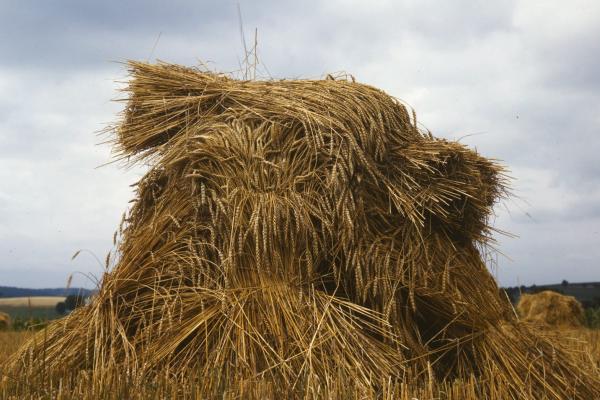
Post-quantum cryptography
Ingenious uses of maths have provided the key to internet security, but how can we secure our digital lives in the face of quantum computing?

Lattice-based cryptography
Find out about lattice-based cryptography – the best candidate for keeping our networks safe in the face of attacks by quantum computers – in this brief introduction.

Maths in a minute: Quantum computing
Quantum computing often grabs the headlines. The word "quantum" itself is intriguing enough, but what exactly is quantum computing?

Maths in a minute: Cryptography
Ingenious maths keeps your credit card details safe when you shop online and underlies the security of the internet. Find out how in this easy introduction.
The latest from Plus, delivered to your inbox
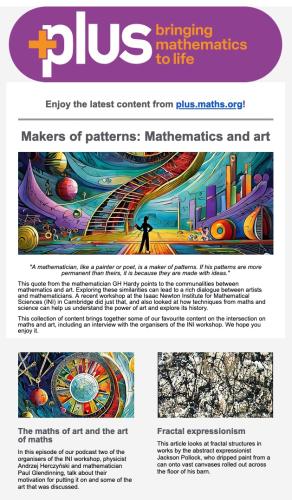
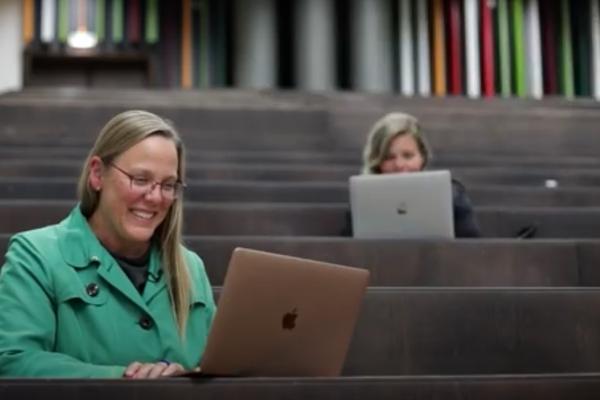
About us
Find out what we do, why we do it and who we are!

Explore our collaborations
We work with researchers from across mathematics and data science

Meet the researchers
Meet the people behind the maths in our Maths on the Move podcast
